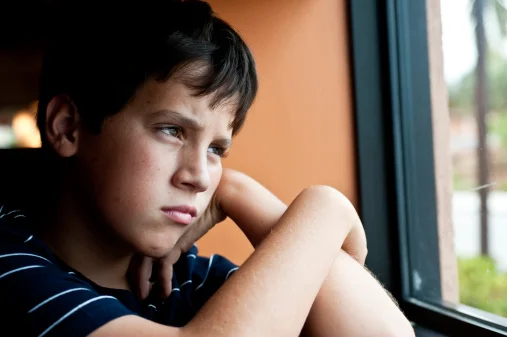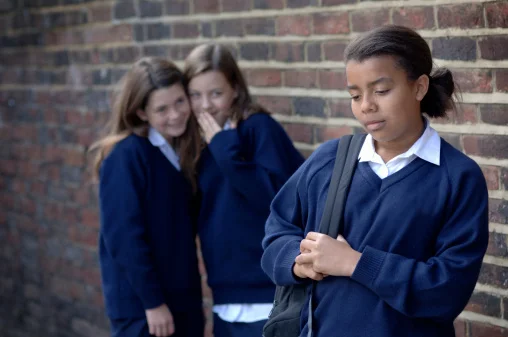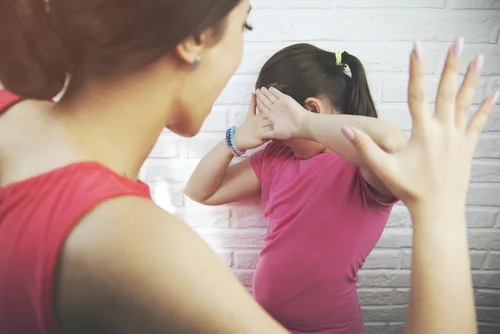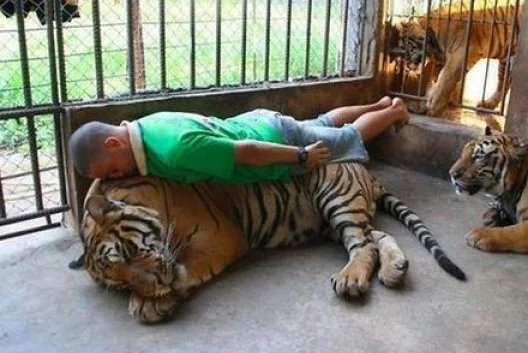+1 845 259 2974 (11 a.m to 7 p.m CST)
Prevent autistic kids from the menace of bullying

Bullying has somehow become an inherent problem of the American society, so much so that now autistic children are also being made a target in schools. Researchers from the Kennedy Krieger Institute in Baltimore and John Hopkins University conducted a survey of 1,200 parents who had a child with Autism Spectrum Disorder (ASD). The result showed 63 percent of autistic kids bullied in schools. The numbers alone should set off alarm bells ringing for parents with special children.
What’s wrong with them?
Autism is a bio-neurological developmental disability that usually appears before the age of three. It restricts the normal development of the brain in the areas concerned with social interaction, communication skills, and cognitive function. Typical cases of autism have difficulties in verbal and non-verbal communication, social interactions, and play activities.
Not very long ago…
A 13-year-old autistic boy, Levi Null, was teased, beaten up and humiliated by his classmates in Iowa and the video of the incident was later put online by the bullies. In a surprising development, the parents of the bullies said that bullying of the teen was justified. Another revelation made by the video was the turning of a blind eye towards such incidents by the teachers and school staff. After a local station ran the story, it received more than 100 emails from parents actually defending the bullies by saying that the autistic child brought the misery upon himself. To add up to this, the parents of the affected teen did not take up the issue seriously.
Imaginary rules for attracting misery
A kid being bullied at schools is not a new phenomenon and it takes a turn for the worst for autistic children between the fifth and eighth grade.
Innocence lost: Children with autism find it extremely difficult to understand non-verbal behavior and are not able to read faces or body language. Therefore, such children will trust another person who appears friendly but who might not exactly be all that.
Smells like trouble: Other reasons that make autistic teens prone to bullying include poor hygiene, clumsy behavior, being talkative, suffering from frequent meltdowns, and inflexibility.
Speaking one’s mind: Autistic children who can speak fluently are three times more likely to be bullied in comparison with those kids who lacked conversational skills. Further, incidents of this nature were most likely to occur in mainstream classrooms than in special education schools.
The downside
Dr Paul Law, director of the IAN Project at the Kennedy Krieger Institute, says that, "To experience teasing, taunts, ostracism or other forms of spite may make a child who was already struggling to cope become completely unable to function."
Autistic children lack the sense to understand whether they are being bullied or not, and can therefore not report such incidents.
In the long run, autistics kids can also become bullies. Stats show that 15% of autistic children were also involved in bullying (roughly the same number as that of normal bullies) while 9% were both bullies and victims.
Serving the underdog
Most people or even generations have no experience of dealing with children with special needs and instead isolate them. The ignorance is passed on to newer generations and now the practice has to stop. Furthermore, inclusive classrooms have to streamline the process of social integration among adolescents and place autistic children in protective groups to keep them out of trouble. Autistics teens are known for their inability to understand the minds of other people, but his does not mean that they cannot identify with the pain and suffering of others.
Bullying can also happen in public transportation or school buses. Concerned parents can arrange for a carpool for the special kids in their neighborhood to keep them safe from abuse.
Rahil Briggs, assistant professor of pediatrics at Albert Einstein Medicine, believes that parents have to champion this cause for the welfare of special children.
























